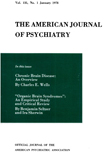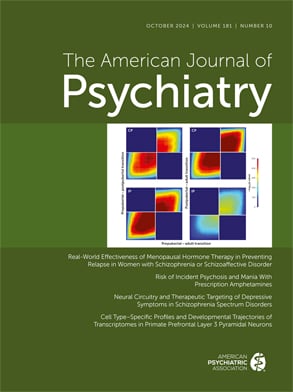Abstract
During the past 2 years phenurone (phenacetylurea) has been administered to 59 patients whose presenting complaint was psychomotor epilepsy. In 17 of these patients (29%) the psychomotor attacks occurred without other manifestations of epilepsy; in 42 (71%) there were associated grand mal and/or petit mal seizures. The medication was discontinued because of the development of toxic symptoms in 15 patients (25.3%); it failed to help in 4 patients (6.7%); it was discontinued for other reasons in 12 patients (20.2%). In the remaining 28 patients (47.8%) phenurone, with or without other anticonvulsants, brought about the most complete control of attacks that the patients had experienced to date, and every patient had been tried on almost every known drug used for the treatment of epilepsy before the institution of phenurone therapy. In 75% of these patients the attacks are under complete control, and in the remaining 25% they are 75% to 90% controlled.
Phenurone should be considered an important addition to the drugs used for the treatment of epilepsy, especially psychomotor seizures, which respond poorly to other medication. Its use is not without danger, but serious toxic results are infrequent. The most common untoward symptoms associated with its use appear in the first few days of treatment, and indicate immediate withdrawal of the drug. Patients receiving phenurone should be watched carefully for the possible development of damage to the hematopoietic system and to the liver; withdrawal of the medication is indicated as soon as these appear. An acute toxic hepatitis occurred in one instance in our series. The psychological changes reported in patients with psychomotor epilepsy who are receiving phenurone were encountered in only one instance (the same patient), and he may have had what should be diagnosed as a toxic psychosis superimposed upon a schizoid psychopathy. It is possible that the reported psychologic symptoms are associated with psychiatric changes secondary to discharging temporal lobe lesions(15). The majority of our subjects, who are ambulatory patients of the neurologic clinic of the University Hospital, failed to show significant personality abnormality before the institution of therapy, and showed no changes thereafter.
Although phenurone must always be administered with caution and discretion, and patients who receive it must be followed carefully, it is considered to be no more toxic than many other therapeutic agents. It is capable of relieving certain patients of seizures that are not affected by other antiepileptic drugs. It is of such definite value in the treatment of psychomotor epilepsy that it is hoped that it will soon be available for general use. It is believed that the warnings of the manufacturer should at all times be borne in mind, however, and that treatment with phenurone should be instituted only by a physician experienced in the therapy of epilepsy. It should be employed with caution in patients who have previously shown personality disorders, and it may be advisable to hospitalize such patients during the first weeks of treatment(16). The patient and his family should be instructed to watch for changes in behavior, evidences of gastrointestinal disturbance or jaundice, rash, and fatigue, and report these to the physician immediately. The most serious complications, which should be kept in mind, include aggravation of pre-existing personality abnormality, hepatic damage, and bone marrow depression.

